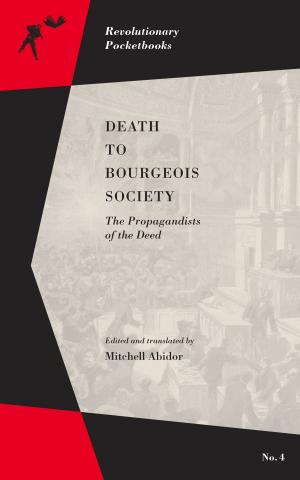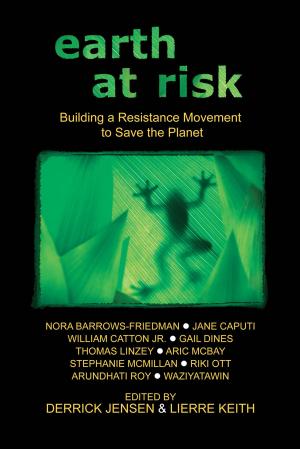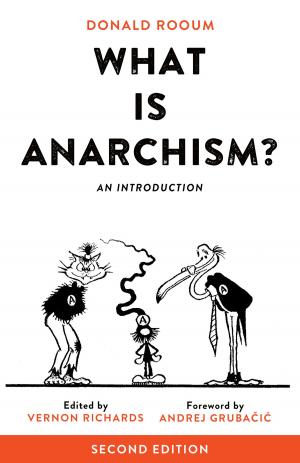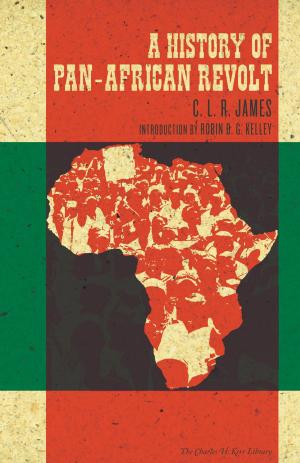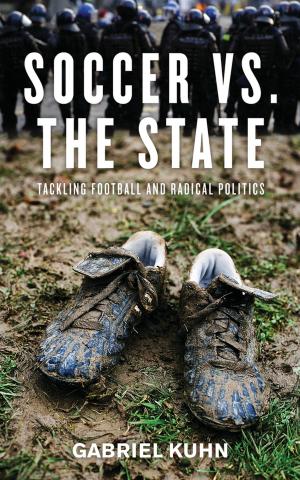| Author: | Brian Morris | ISBN: | 9781629635255 |
| Publisher: | Pm Press | Publication: | June 1, 2018 |
| Imprint: | Pm Press E Books | Language: | English |
| Author: | Brian Morris |
| ISBN: | 9781629635255 |
| Publisher: | Pm Press |
| Publication: | June 1, 2018 |
| Imprint: | Pm Press E Books |
| Language: | English |
The nineteenth century witnessed the growth of anarchist literature, which advocated a society based on voluntary cooperation without government authority. Although his classical writings on mutual aid and the philosophy of anarchism are still published today, Peter Kropotkin remains a neglected figure. A talented geographer and a revolutionary socialist, Kropotkin - often known as the anarchist prince - was one of the most important theoreticians of the anarchist movement. Well-researched and wide-ranging, this volume not only presents an important contribution to the history of anarchism, both as a political tradition and as a social movement, but also offers insightful reflections on contemporary debates in political theory and ecological thought. After a short biographical note, the book analyses in four parts Kropotkin's writings on anarchist communism, agrarian socialism, and integral education; modern science and evolutionary theory; the French Revolution and the modern state;
The nineteenth century witnessed the growth of anarchist literature, which advocated a society based on voluntary cooperation without government authority. Although his classical writings on mutual aid and the philosophy of anarchism are still published today, Peter Kropotkin remains a neglected figure. A talented geographer and a revolutionary socialist, Kropotkin - often known as the anarchist prince - was one of the most important theoreticians of the anarchist movement. Well-researched and wide-ranging, this volume not only presents an important contribution to the history of anarchism, both as a political tradition and as a social movement, but also offers insightful reflections on contemporary debates in political theory and ecological thought. After a short biographical note, the book analyses in four parts Kropotkin's writings on anarchist communism, agrarian socialism, and integral education; modern science and evolutionary theory; the French Revolution and the modern state;


